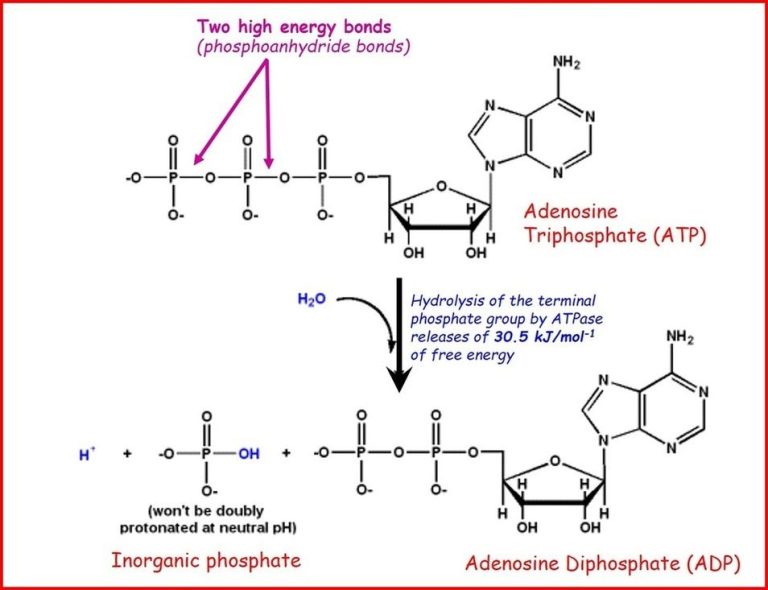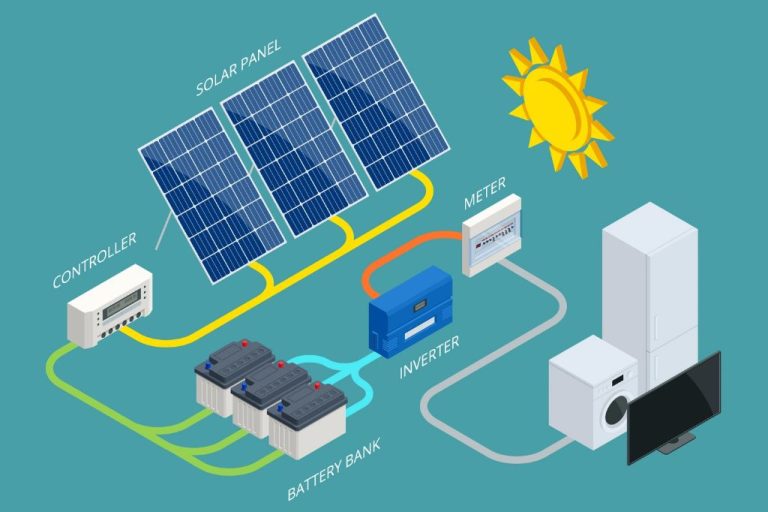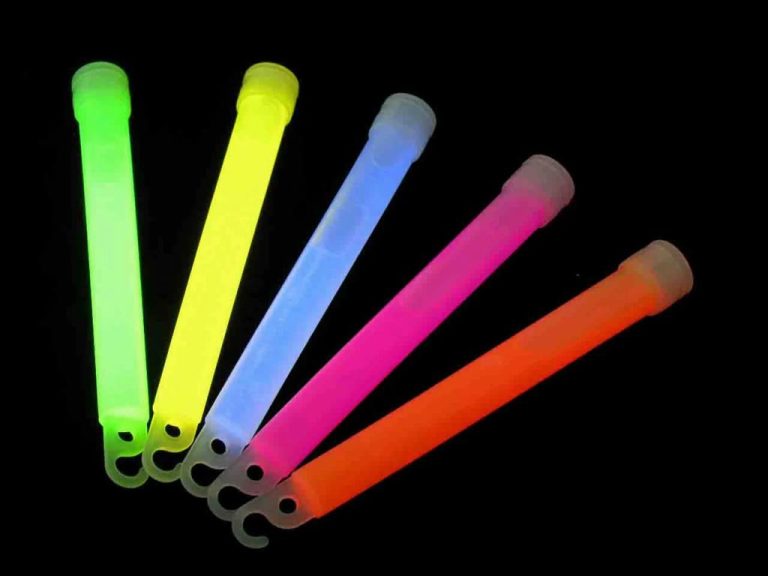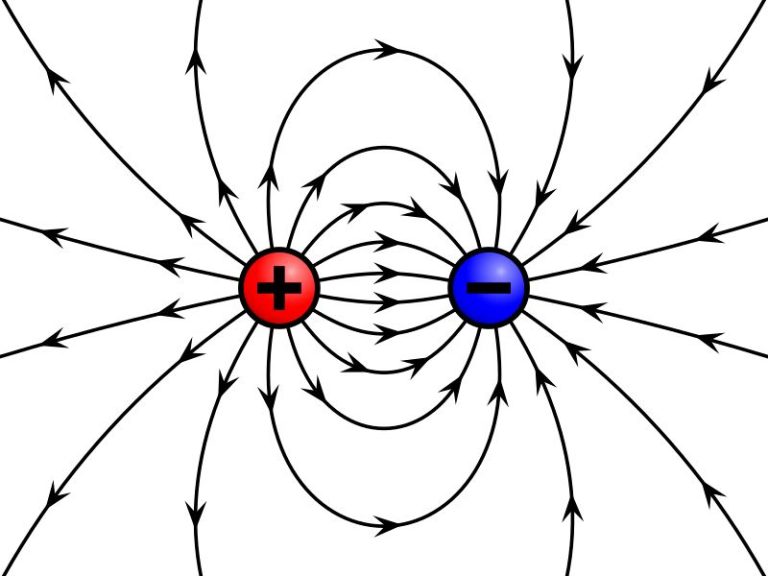How Many Kwh Is Equal To 1 Kwh?
A kilowatt-hour (kWh) is a unit of energy that represents the amount of electricity consumed over time. Specifically, a kWh is equal to using 1,000 Watts of power for one hour. For example, a 100 Watt light bulb running for 10 hours would consume 1,000 Watt-hours or 1 kWh of electricity.
People sometimes ask “How many kWh are in 1 kWh?” because the units can be confusing. At first glance, the question seems nonsensical. But what the person is really trying to understand is the relationship between kilowatts (kW) and kilowatt-hours (kWh). This article will explain the difference between power (kW) and energy (kWh), how to properly convert between them, and why someone might need to know the conversion.
What is a Kilowatt-hour (kWh)?
A kilowatt-hour (kWh) is a unit of energy that measures electric power consumption over time. Specifically, a kWh equals the amount of energy used by a load of 1 kilowatt (1,000 watts) for 1 hour.
For example, a 100-watt light bulb used for 10 hours consumes 1,000 watt-hours or 1 kWh of electricity (100 watts x 10 hours = 1,000 watt-hours = 1 kWh). The kWh is a commonly used billing unit for energy delivered to homes and businesses by electric utilities.
kWh Usage Examples
To understand kWh usage, it helps to look at some common examples from everyday life:
Lighting – A typical 60W incandescent light bulb running for 1 hour consumes 0.06 kWh. LED and CFL bulbs consume less.
Appliances – A refrigerator uses about 1 kWh per day. A clothes dryer uses around 3-5 kWh per load. An electric oven can use over 2 kWh for an hour of baking.
Electronics – A laptop computer uses about 50 watts when charging and in use, so over 10 hours would consume 0.5 kWh. A flat screen TV uses around 0.15 kWh for 5 hours of viewing.
Heating & Cooling – Electric space heaters range from 0.5-1.5 kWh. A window AC unit running for 10 hours uses around 3-4 kWh. Central air conditioning for a 2,000 sqft home uses over 30 kWh per day.
Electric vehicle – Charging an electric car’s battery from empty to full can require up to 60-80 kWh.
These everyday examples give a sense of kWh measurements and how electrical energy consumption adds up in homes and daily lives.
Relationship Between kWh and kW
The kilowatt-hour (kWh) and kilowatt (kW) are two related but distinct units of measurement. kW measures power, which is the rate at which energy is transferred or consumed. Specifically, one kW equals 1,000 watts of power.
kWh measures energy consumption over time. One kWh is equal to using one kW of power for one full hour. For example, a 1,000 watt microwave oven running for 1 hour consumes 1 kWh of energy (1,000 watts x 1 hour = 1 kWh).
So in summary, kW is a measure of instantaneous power, while kWh measures total energy usage over time. The “kilo” prefix means both are measured in units of 1,000. Understanding the difference between the two is important for calculating electric bills and managing energy consumption.
Converting Between kWh and kW
To convert between kWh and kW, you need to understand their relationship. A kilowatt-hour (kWh) is a unit of energy, while a kilowatt (kW) is a unit of power.
Energy is power multiplied by time. So 1 kWh is equal to 1 kW of power sustained for 1 hour:
1 kWh = 1 kW x 1 hour
Some examples to illustrate converting between kWh and kW:
- Your hair dryer uses 1.5 kW of power. If you use it for 20 minutes (0.33 hours), you’ve used 0.5 kWh of energy (1.5 kW x 0.33 hours).
- Your electric stove uses 5 kW when operating at maximum power. If you use the stove for 30 minutes (0.5 hours), you’ve used 2.5 kWh of energy (5 kW x 0.5 hours).
- Your smart meter says you used 18 kWh of electricity yesterday. If you used that energy consistently over a 24 hour period, your average power draw was 0.75 kW (18 kWh / 24 hours).
So in summary, you can convert between kWh and kW by using the relationship that 1 kWh = 1 kW x hours used.
Answering the Question
The question asked is: How many kWh is equal to 1 kWh? The direct answer is that 1 kWh is equal to 1 kWh. There is no conversion or relationship necessary. 1 kWh equals 1 kWh. Just as 1 hour equals 1 hour or 1 inch equals 1 inch, 1 kilowatt-hour equals 1 kilowatt-hour. There are not multiple kilowatt-hours within 1 kilowatt-hour. The prefix “kilo” indicates there are 1,000 watts in 1 kilowatt. But the measure of “hour” means we are measuring energy used over time, not instantaneous power. So 1 kWh represents the energy used if a power of 1 kilowatt was sustained for 1 hour. There cannot be more or less than 1 kWh in 1 kWh.
Why People Ask This Question
People sometimes ask how many kWh are in 1 kWh because they are confused or unfamiliar with energy units and terminology. Here are some common reasons this question comes up:
Confusion between kWh and kW – These two units sound similar but measure different things. kW (kilowatts) is a measure of power, while kWh (kilowatt-hours) is a measure of energy usage over time. Mixing up these units is a common source of the “how many kWh in 1 kWh” question.
Unfamiliarity with energy terms – For those without a technical background, the meaning and relationships between terms like watts, kilowatts, kilowatt-hours, and others may be unclear. The unfamiliarity causes confusion and questions like this to arise.
Assuming it’s a conversion – People familiar with converting between units in other contexts (such as converting centimeters to meters) may assume kWh and kW can be converted in the same way. This leads to the incorrect “how many kWh in 1 kWh” question.
Math and units misunderstanding – Some ask this question thinking there is a mathematical relationship between kWh and kWh that is not obvious. In reality, it shows a fundamental misunderstanding of what the terms mean and how to properly use units.
Unclear billing or measurements – Energy bills, appliances, and other sources sometimes use kWh and kW ambiguously or interchangeably. This lack of clarity propagates the confusion over the meaning of the terms.
When You Might Need to Know
There are a few situations where converting between kWh and kW can be useful or even necessary:
Calculating Electrical Load
When determining the total load on an electrical system, you may need to convert the power consumption (in kW) of various appliances and devices to total energy use over time (in kWh). This helps ensure the system can handle the expected load.
Billing and Energy Use Tracking
Utility bills for electricity are generally based on kWh usage. But some appliances or devices list power ratings in kW. Converting to kWh can help estimate the energy cost of running that appliance.
Generator Sizing
When sizing a backup generator, you need to calculate the total load in kW. But generator capacity is often listed in kWh. Converting kWh to kW helps pick the properly sized generator.
Solar System Design
Solar panel output is measured in kWh, but appliances consume electricity in kW. Converting between the two units helps properly size a solar system to match your electrical loads.
Other Units of Energy
The kilowatt-hour (kWh) is commonly used to measure electric energy consumption, but there are other units that can be used to measure energy more broadly:
- Joule – The joule (J) is the SI unit for energy. 1 kWh = 3,600,000 J.
- BTU – The British Thermal Unit (BTU) is a traditional unit of heat energy. 1 kWh ≈ 3,412 BTU.
- Calorie – The calorie (cal) was originally defined as the amount of energy needed to raise 1 gram of water 1°C. 1 kWh = 859.8 calories.
- Therm – A therm (thm) is a unit of heat energy equal to 100,000 BTU. 1 kWh ≈ 0.03412 therms.
While these and other units can measure energy more broadly, kWh tends to be the most common unit used for electricity consumption by homes and businesses. It provides a straightforward way to understand and compare electric energy usage.
Conclusion
In summary, a kilowatt-hour (kWh) is a unit of energy that equals the amount of energy used by a device running at 1,000 watts (1 kilowatt) for one full hour. There is a direct relationship between kilowatts (kW) and kilowatt-hours, since the latter is simply a measure of power (kilowatts) over time (hours).
To answer the original question directly, there is 1 kWh in 1 kWh. While this may seem obvious, people sometimes get confused when converting between units of power and energy. Just remember that a kilowatt-hour represents an amount of energy, while a kilowatt represents a rate of power. So when converting between kWh and kW, you need to account for the time component.
The key takeaway is that 1 kWh always equals 1 kWh. Knowing how to convert between units like kWh and kW allows you to better understand your energy usage and compare across different situations.






